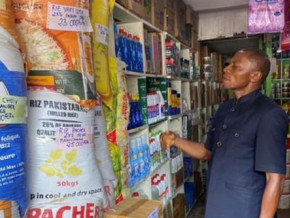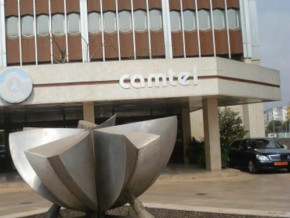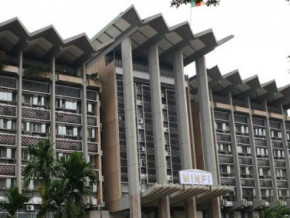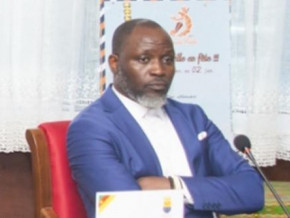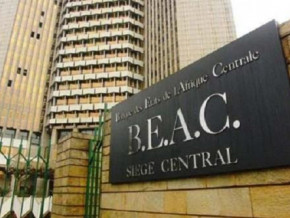
Telecom regulator set to suspend Vodafone’s activities in Cameroon for having no operating license

(Business in Cameroon) - Accused of operating illegally in Cameroon since it began its activities in 2016, Internet Service Provider (ISP) Vodafone Cameroon’s situation is getting more and more complex.
Indeed, according to authorized sources, the minister of Posts and Telecoms (MINPOSTEL), Minette Libom Li Likeng, just ordered the Telecommunication Regulatory Agency (ART), to withdraw the temporary operating license previously awarded to Northwave Sarl, which allowed the creation of Vodafone Cameroon by Afrimax Group after it absorbed the Cameroonian firm.
Explaining the decision, the ministry said an operating license is individual, non-transferable and confers no exclusivity right, under the Cameroonian law defining modalities for network establishment/operation and electronic communication services provision.
According to Libom Li Likeng who discussed with executives from Vodafone Cameroon in the past months, the ISP must submit an official request for a license and pay corresponding fees, before providing 4G LTE to populations. As if to back her statement, the MINPOSTEL just halted the deployment of the technology in eight other Cameroonian cities as announced by Vodafone.
In this framework, credible sources indicate, the minister instructed public telecom operator, Camtel, not to implement the network-sharing agreement binding the two parties, despite Vodafone claiming it has effectively signed the document with its partner. Truly, sources from the government say the deal is still at the negotiation stage. Our sources affirm that the disturbances registered last Friday and Saturday in Vodafone’s services result mainly from the minister's instructions.
Various observers suggest that the Vodafone case, which emerged in October 2016, results from scheming by other mobile operators active in Cameroon which consider the newcomer an unfair competitor as it paid no fee to enter the market (unlike the two leaders of the mobile telephony market who respectively paid FCFA75 billion), and was allowed to operate in the country’s two main cities (which represent 80% of Cameroon’s telecom market) having not been forced to cover the whole territory, unlike other operators.
MINPOSTEL’s approach falls in line with the government’s plan to tap into a dynamic telecom and ICT market in Cameroon, in a context where State revenues are actually decreasing. A strategy which is indeed easily noticeable taking for example the implementation in 2016 of a 2% tax on phone calls and internet services. Recently even, a circular from the President released on June 20, 2017, ahead of the 2018 budget, clearly prescribes the “optimal taxation” of the digital economy.
Brice R. Mbodiam
Mags frontpage
- Most read 7 days
- shared 1 month
- read 1 month























